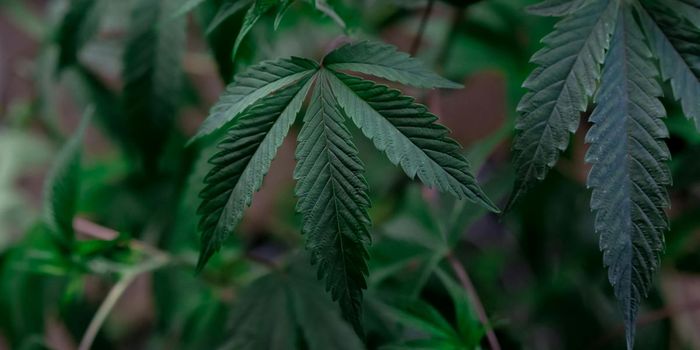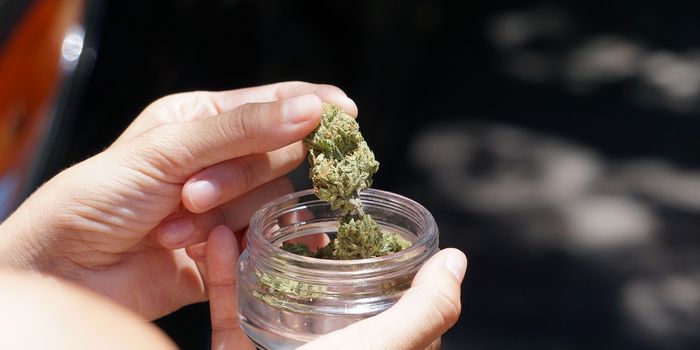Keeping Your Pets Safe from Marijuana Intoxication
Those who have pets know that they can be curious, adventurous, and mischievous. Even though we try to keep them safe, accidents do happen and when those do we need to know the signs that an animal is in trouble and how to help them.
With cannabis becoming legalized in more states, the more common the drug is to have in everyday households. Did you know that second-hand marijuana smoke affects pets just as much as it can affect humans? Accidents have been reported of pets getting a hold of edibles, being around too much smoke, or even eating the stash of marijuana directly. It's important that once you recognize the signs of an overdose in your animal or that they have ingested any amount of marijuana, you seek help so they can have a safe and quick recovery.
All though marijuana intoxication is not fatal in most cases, it can lead to some serious side effects in animals like tremors, seizures, and coma. In 2012, after Colorado legalized medical marijuana, researchers found a 400% increase in the number of dogs being brought into Denver animal hospitals. With two reports of dogs choking on their vomit after ingesting medical grade THC butter in baked goods. It's important to be aware of symptoms in animals that have been exposed to marijuana, this can include difficulty walking, dilated pupils, vomiting, muscle twitches/tremors, increase to stimuli, excessive drool, and disorientation. It's also very important to be opened and honest with your vet about how much marijuana the pet consumed or was around to get the proper treatment. The potency of the marijuana product plays a huge role in how severe it will affect your pet as well as the size of your pet, always keep this in mind when relaying information to those that are helping. Know the following information: what kind of product was it, its potency (mg of THC), how long has it been since the animal ingested it, did it contain chocolate, what are their symptoms, how long has the animal been in the room with smoke.
Once the vet is aware of the quantity and route the drug was consumed they will issue a course of treatment. This may include inducing vomiting to prevent further absorption of the drug. However, marijuana has an anti-emetic effect which inhibits vomiting, if this is the case they can pump the stomach, administer activated charcoal, or even give an enema to reduce the absorption from the GI tract. If the signs of intoxication do not call for extreme measures medications are available to help regulate the pet's heart rate and respiration rate. With the animal possibly being lethargic, IV fluids can be provided to prevent dehydration, and keeping the animal in a comfortable space away from noise will help to decrease sensory stimulation.
While very few cases have resulted in a loss of a pet, it still can happen. Even more in cases with dogs than with cats, but cannabis toxicity can be resolved with proper action and being careful around your pets. Put cannabis related items in secondary containers out of range from your pets, don't smoke around them or in the same room. The Pet Poison Helpline is available 24/7 to those with any questions regarding their pet's symptoms; they can show signs of impairment anywhere from minutes to hours after exposure.










